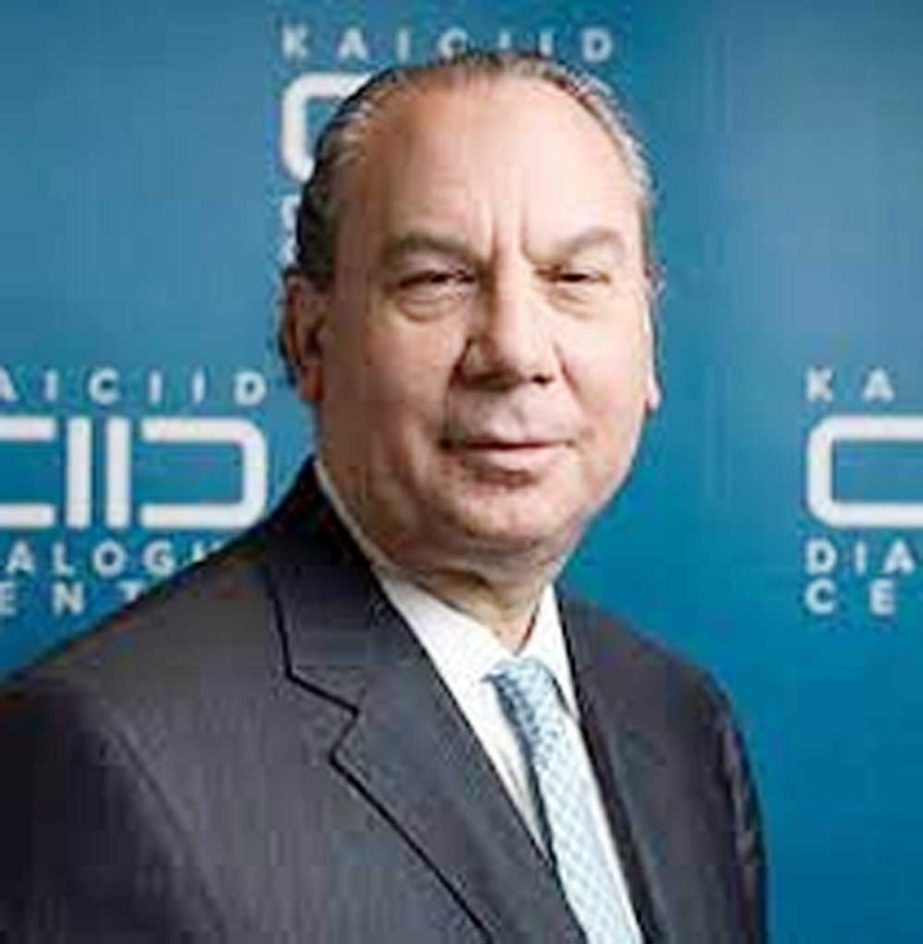
Rabbi Marc Schneier :
As we celebrate Martin Luther King Jr. Day in the US on Monday, let us recall the words of this peerless and universal civil rights leader, who emphasized that “our loyalties must transcend our race, our tribe, our class, and our nation.”
Clearly, the cause for which King sacrificed his life – the full political and economic participation of African Americans in the US – deserves our utmost attention. From structural forms of racism that persist to this day to the aggressive attempts to roll back voting access in states across America, we see that the struggle for equality is far from complete.
But there are other groups deserving of all our attention as well and I think it is necessary to highlight one in particular: US Muslims. On our side of the Atlantic, we are seeing increased discrimination and attacks against Muslim citizens. And it behooves all of us to advocate for our friends, family members and neighbors of the Islamic faith to enjoy their full rights as Americans.
Data presents a harrowing picture. Between 2016 and 2020, three in five American Muslims reported experiencing religious discrimination, the Institute for Social Policy and Understanding found. And 42 percent of Muslim parents said they had a child who faced bullying over the past school year because of their religion.
A poll by The Associated Press-NORC Center for Public Affairs Research conducted ahead of the anniversary of the Sept. 11 attacks found that just over half of Americans harbor unfavorable views of Islam – in stark contrast to sentiments about Christianity and Judaism, which most respondents saw favorably.
Surveys suggest Muslims experience eight times the level of discrimination of others at airports and job interviews. A recent survey conducted by the Foundation for Ethnic Understanding found relations with evangelical Christians a particular challenge, with barely a fifth of evangelicals indicating they interact frequently with Muslims. Three in four described such relations as qualitatively different to interactions among people of their same faith.
These negative views are translating into populist and even racist political activity designed to limit Muslims’ full agency in America – either politically or in terms of religious expression.
A court this month ordered a city in Mississippi to permit Muslims to build a new mosque after repeated delays and claims of anti-Muslim prejudice throughout the permitting process. This is, lamentably, not an isolated incident.
I remember a few years ago when an Islamic society in New Jersey won the right to build a mosque after suing the local township. The township had denied the application after three years and 39 public hearings. In that case, evangelicals, Baptists and other religious groups joined the Muslim petitioners, demonstrating the power of interreligious unity.
We all need to come together at this moment of uncertainty in America. In recent years, Muslims, Jews and other minority groups have faced growing attacks from right-wing extremist organizations. And even our sacred houses of worship have been the targets of deadly and cowardly acts of domestic terrorism.
These occurrences have become so commonplace that they often escape the public’s attention. In Iowa just last month, security cameras at the Al-Noor Islamic Community Center captured a woman defacing the building with obscenities written in an oily substance. She then took photos of her crime.
It was San Francisco in November, at the city’s oldest mosque, where a suspect threw a bottle through a glass window. Before then it was Long Island, where vandals burned a sacred flag and spayed graffiti. It was swastikas and hate speech in Minnesota, the smashing of toys in a playground for children in Indiana, and the desecration of Qur’ans, prayer rugs, clocks and Islamic artwork in Washington state.
Each act of destruction is a dagger to the peaceful Muslim communities throughout the US who want the same things as all other Americans: Decent jobs, a strong education for their children, safe neighborhoods and the ability to practice their religion without fear or recrimination. They deserve all of these things no less than their Christian, Jewish, Hindu, Buddhist or atheist compatriots.
Negative views are translating into populist and even racist political activity designed to limit Muslims’ full agency in America.
Some positive developments are taking place and we must seize on these and enhance and amplify them wherever possible. The appointment of Rashad Hussain as the nation’s first Muslim US ambassador-at-large for international religious freedom highlights the critical role of Muslims in ensuring fundamental rights for all. It has been heartwarming to see the leaders of other faiths, and conservatives and liberals alike, embrace his nomination (his Senate confirmation vote of 85-5 in favor represents a rare bipartisan victory these days).
Efforts to create a special envoy for monitoring and combating Islamophobia are also encouraging, as is the intent of the position to focus on anti-Islam actions and rhetoric at home and abroad. I am happy to say that leaders of the Jewish community, myself included, have backed this campaign.
We will need more such coalitions and bigger and broader ones to protect and defend American Muslims. As a society and a nation, we are only as strong as our most vulnerable communities. In the spirit of King, all Americans have a responsibility to advocate for the civil rights of Muslims and their religious freedom.
(Rabbi Marc Schneier is president of the Foundation for Ethnic Understanding and an adviser
to many Gulf states).

